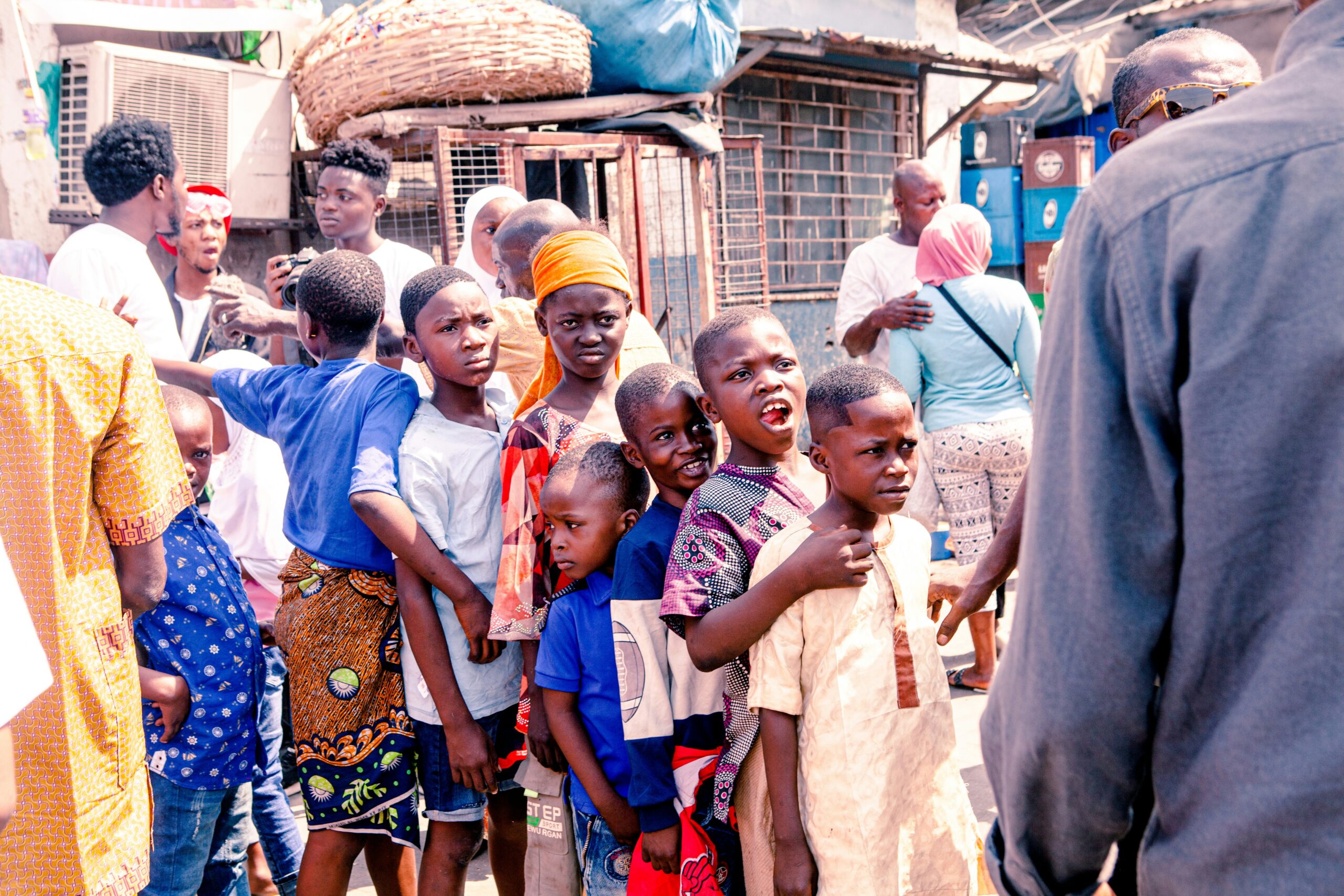Across Africa, millions in the informal sector remain uninsured—not from apathy, but due to the exclusionary nature of health systems. In Tanzania and beyond, digital innovations offer promising models for more inclusive health insurance.
In Tanzania, only 15 percent of the population is covered by health insurance, while a staggering 60 percent of health financing comes from out-of-pocket expenses, the highest globally. Each year, approximately 344 million people are pushed into extreme poverty due to healthcare costs. This raises critical questions: Are individuals unwilling to enroll in health insurance programs, or are the insurers failing to meet their customers’ needs? This implies that many existing models of health insurance are ill-suited to the realities of African life.
The aspiration for Universal Health Coverage (UHC) remains largely unfulfilled on the continent. Despite the Abuja Declaration of 2001, which called for African governments to allocate at least 15 percent of their budgets to health, few countries have adhered to this guideline. As a result, countless Africans continue to suffer and die from preventable diseases, not due to a lack of knowledge or treatments, but because affordable healthcare access has not been prioritized.
We see an uneven expansion of health systems, which leaves informal workers and low-income families unprotected. Without significant reforms to provide affordable healthcare, the cycle of preventable deaths is bound to continue. Diseases like malaria remain prevalent, costing the lives of many, especially children. The importance of domestic investment in health insurance and primary care systems is underscored, suggesting that this would reduce dependency on foreign aid.
Some countries, like Cabo Verde and Rwanda, that have genuinely engaged with the Abuja commitments and developed community-based health insurance schemes demonstrate significantly better health outcomes. Their successes contrast sharply with other nations that have struggled. We explore the reasons behind the failures in many African countries. Complex barriers such as political instability, shifting government priorities, overwhelming debt burdens, and a lack of accountability all contribute to the widespread inadequacies in health systems.
A fundamental issue is that many governments currently lack data systems and inclusive governance structures for actual planning and monitoring of health spending. Policies that lack robust data backing often remain ineffectual, serving only as aspirational statements without tangible outcomes. The narrative urges a critical examination not only of the failures in keeping commitments but also of the willingness to build trust and develop systems that can deliver effective healthcare solutions. It posits that if improvements are made, the significant health challenges facing Africa would shift from endemic issues like malaria or high rates of maternal death to new, different challenges, as the continent would have resolved many avoidable health crises. It highlights the need for health insurance models that resonate with the realities of the informal sector, comprising numerous boda boda (motorcycle) riders, street food vendors, and small-scale farmers often excluded from existing healthcare provisions.
This brings us to a broader reflection on Africa’s journey over the past decades, questioning why, despite substantial development aid and health financing pledges, the continent grapples with unchanged health indicators. Post-independence, Africa inherited systems that often sidelined the local population’s needs in favor of models created for entirely different contexts.
In conclusion, the text emphasizes the importance of addressing the healthcare challenges faced by African nations through significant, localized transformations in health policies and systems, rather than relying solely on imported solutions. The narrative serves both as a vivid reminder of the human cost of inadequate healthcare systems and as a call to action for renewed commitment and innovative solutions tailored to the continent’s unique circumstances.


